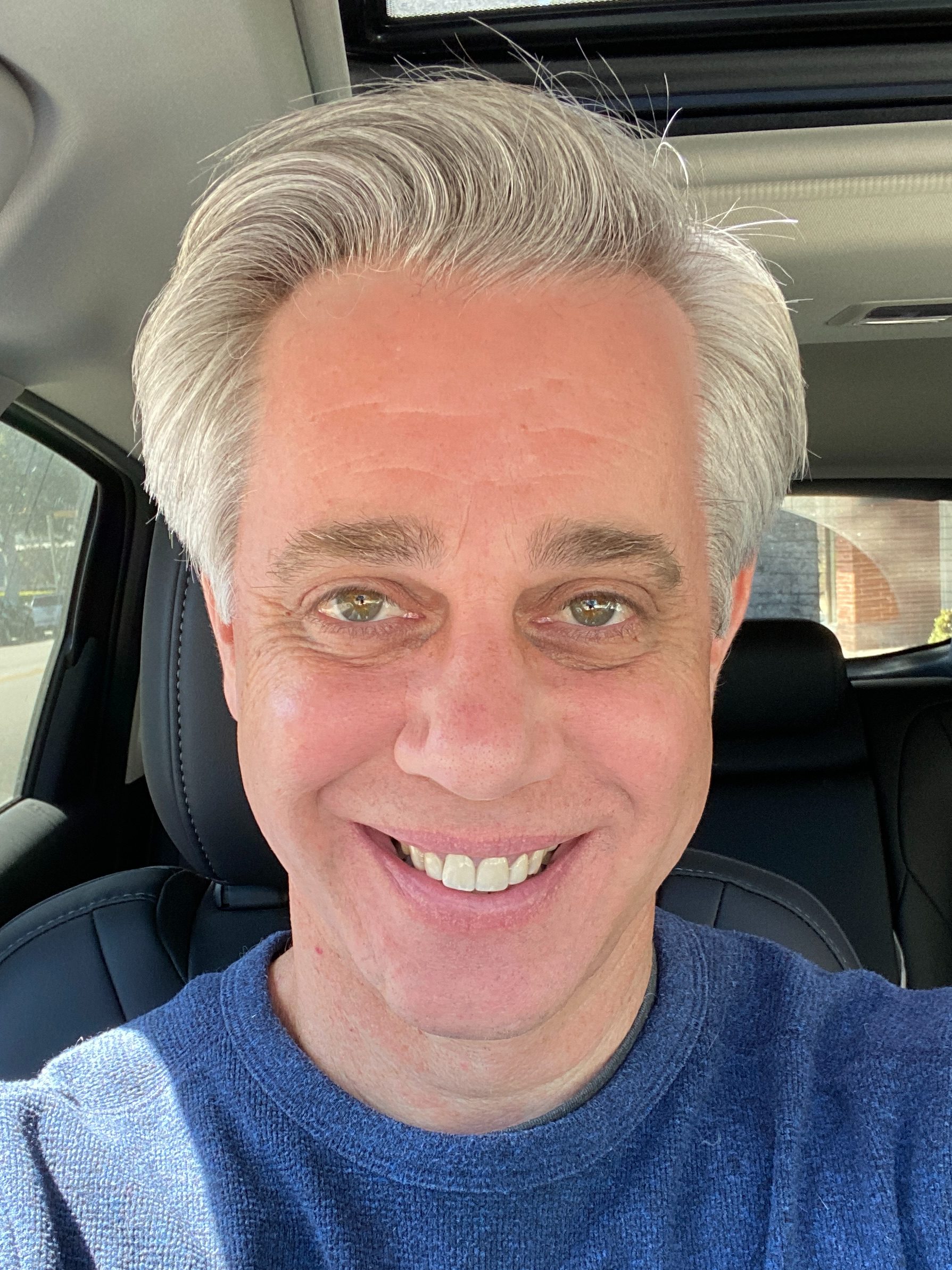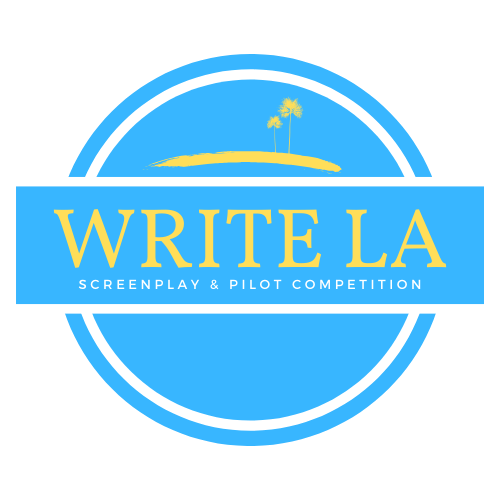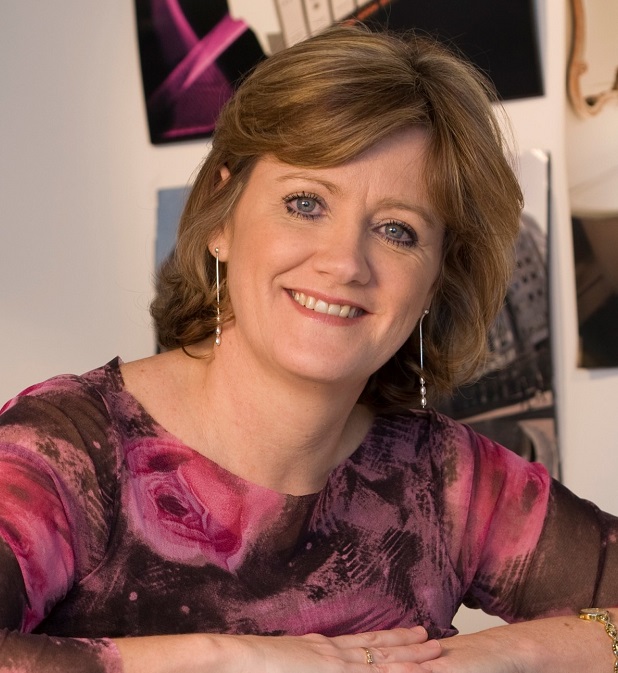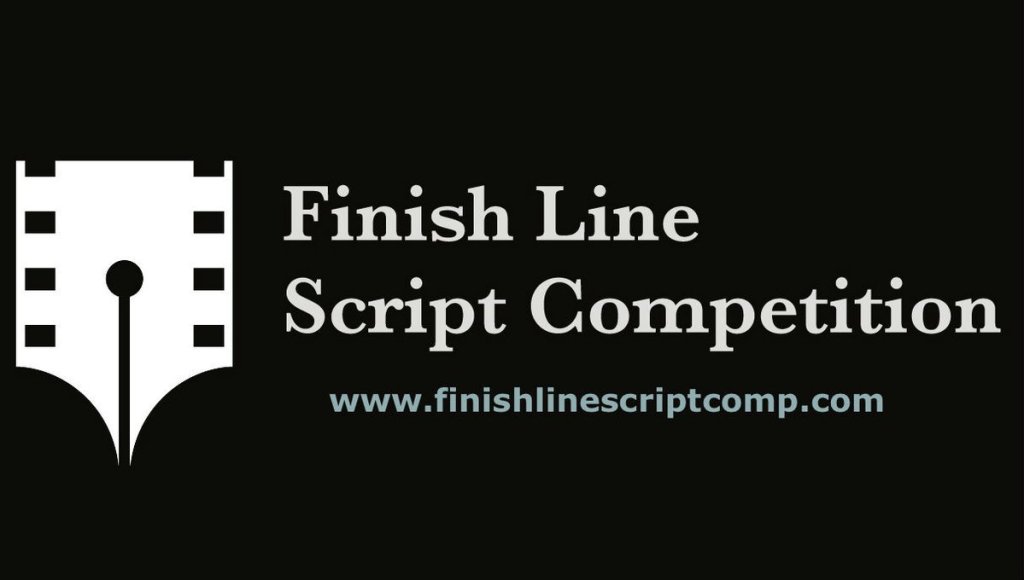
Tim Schildberger is an experienced writer, script coach, and co-founder/Head Judge of Write LA – an annual screenwriting competition that gives writers a chance to get read by managers, and hear their winning script read by professional actors in LA (and posted on YouTube). He cares far too much about helping writers improve their craft and get access to the industry. Tim is an expat Australian, a former TV journalist, writer on the globally popular soap opera NEIGHBOURS, newspaper columnist, creator of a comedy/reality series for the Travel Channel called LAWRENCE OF AMERICA, and one of the key members of the original BORAT team. He has stories.
In his spare time, Tim is a husband, parent, tennis player, road tripper, and he and his family foster kittens. Seriously. Twitter: @write_la Instagram: @writela
What was the last thing you read or watched you considered exceptionally well-written?
I hate to be a cliche, but THE CROWN – sets the bar very high. Peter Morgan is a genius. His ability to tell story with and without words, and build tension in scenes that on the page might appear boring, is remarkable. THE QUEEN’S GAMBIT had similar skill, attaching us to an unconventional character quickly and effectively. Feature films – I loved PALM SPRINGS – structurally, and characters/dialogue, and who doesn’t love a woman solving the problems using education and intellect!
How’d you get your start in the industry?
I was 22, living in Australia (where I’m from), working as a trainee TV News Producer. I had applied to newsrooms, and I’d called up various TV series, asking if they needed a writer. It was a simpler time. A nightly soap opera, NEIGHBOURS, let me do a writing submission, which they liked – and said they’d get back to me. In the meantime I got the job in TV news.
One day, six months later, I got a call in the newsroom, it was NEIGHBOURS, asking if I’d like to write an episode. I said yes, obviously. They mailed me the scene breakdowns, I typed my script on a typewriter, and ten days later mailed it back. All after working a full day in the newsroom. I did that 5 more times before it all got far too overwhelming. I was the youngest writer they’d ever had, and that experience made it clear to me that writing, in all its forms, was my future.
What was the inspiration for creating the Write LA competition?
We wanted to create a competition we’d want to enter. I’ve been writing for a long time – and I’ve entered competitions large and small. I’ve won a few, placed in a bunch, and it became clear that many of the writing comps out there don’t really do much when it comes to attracting attention, gaining industry access, or launching careers. And pretty much none put any kind of focus on helping writers improve their command of craft. So our goal was to build a competition that somehow combined both goals – to help with the craft, and to help with the access.
What makes Write LA unique compared to other screenwriting competitions?
Two things I think separate us. First, we are a competition run by actual writers. So we are able to deliver a certain degree of respect and admiration for the act of actually finishing a script and entering it – that many competitions lack. We know how it all feels.
Second, we stand proudly in front of the competition. Everyone knows I’m the co-founder and Head Judge. When you email a question, it comes to me. I do an enormous amount of reading, and I’m supervising every aspect of the competition. We try hard not to be a faceless comp where sometimes it can feel like you’re sending your script into a void, and then hoping something emerges. It matters to us that the entrants feel ’seen’.
A big concern for writers entering a screenwriting competition is the quality/experience level of its readers. How does Write LA address that?
I hear that. And I’ve experienced it first hand. A script will make the Nicholl semifinals, and won’t make it out of the first round somewhere else. And then you get ‘feedback’ that feels like it was written by someone who never actually read the script, they just strung a few buzzwords together.
So to address that – I’m heavily involved in the reading process. I’ve handpicked our small team, I do a ton of reading personally, and I set pretty clear parameters when it comes to what I’m looking for when it comes to command of craft. Every script that makes it into our top 15 semi finalists will have been read by at least three different people, including me.
We give every script, whatever the genre, or whether it’s a TV pilot or feature, full respect and attention. And all the additional feedback (offered at an extra fee), is done by me personally. So there is a consistency of the feedback, and a name attached to it (mine). I’m not interested in telling anyone what I would do, I’m focused entirely on maximizing the opportunities presented by the writer and doing my best to empower them to bring the most out of their idea, and their skills.
What do you consider the components of a good script?
Gosh – this isn’t easy to answer quickly, but I’ll try. For me, a good script needs fleshed out characters, who face clear challenges – no matter how big or small. Because no matter how detailed the world, or ‘big’ the story, if we don’t care about the characters, it’s all a waste of time.
Also, an understanding of the audience experience is awesome. A writer who is aware of audience expectations, and is able to manipulate those expectations is exciting. And finally, a clear sense of where the story is heading. Not a lot of extra clutter. Just a solid story, competently and confidently told.
What are some of the most common screenwriting mistakes you see?
Misuse of Scene Description is HUGE. Using it to reveal character details an audience couldn’t possibly know. Using it to show off a writer’s literary command – with all sorts of flowery descriptions that waste time, rather than establish ‘mood’.
Not writing an outline. I’m confident I can pick within 5 pages if a writer has an outline, and a firm idea of who this story is about, and where it is going. And taking too long to dive into story. Spending page after page building a complicated world, and then finally starting some sort of story – is a big mistake. Even STAR WARS had a brief title explanation, and then we were into Darth Vader storming Leia’s ship. The rest we figure out as we go.
Lastly, I have to add too many spelling errors. A sloppy script does not inspire confidence.
What story tropes are you just tired of seeing?
A character waking up, turning off their alarm, and getting into the shower as the first thing we see. Happens WAY more often than you would expect, and is not only dull, but unwise. What viewer who sits in a darkened movie theatre wants to see a feature film start that way?
I’m also not a fan of drawn out action sequences. It’s great that you see the car chase in your head, but all a reader cares about is ‘does someone important die?’
Oh, and a shot of ‘overdue bills’ on the kitchen table. Anything but that please. I see a lot of stereotypes with the characters too – which usually tells me a writer is basing a character on another character they’ve seen in a movie or on TV – rather than an actual, flawed, complex human being.
What are some key rules/guidelines every writer should know?
What you are doing is more about hard work than flashes of inspiration. It’s less about talent than it is about grind.
Accept that re-writing is inevitable. Your first draft will not be a work of art. It’s a starting point.
Learn to receive notes as comments on the words on a page, not a personal attack, or a statement on your writing ability.
Characters are more important than story nowadays. Put the extra effort into figuring out who they are, and their emotional journey through your story.
What you are doing is brave, and awesome, and you should feel very proud of yourself every time you finish anything. Every time. Plenty of people talk about writing something. You went and did it. That’s huge and should never be ignored.
There is no work of art in the history of human beings that has ever been loved by 100% of the people. Accept that your work will not be universally loved – because humans are humans.
Details matter. Every scene matters. Every line of dialogue matters. Everything you do is conveying a message to an audience. Understand and embrace that.
Have you ever read a script where you thought “This writer really gets it”? If so, what were the reasons why?
I read many scripts like that! I read hundreds of scripts a year, so I regularly find writers who are very skilled. As for reasons, I would say the absolute, clear number one is making me feel something. I’m not alone in this. I tell anyone who’ll listen if you can make a reader feel a genuine human emotion, that is FAR more important and impactful than any set piece, world, intricate story or cute scene description. It isn’t even close.
Also, it’s fun to read scripts by writers who think about the audience, and work hard to provide us with a rich, enjoyable experience. I know the expression “write what you know” is popular. My version is “write what you know, but make it accessible to strangers.”
And while I’m here, let me add that writing what you know really refers to your emotional experience and authenticity. Not your time in middle school. If you can dig into your emotional space, which is uniquely yours, and share that on the page – that authenticity connects you with a reader/audience, and goes a long way to establishing what the industry likes to call your “voice”. I’d like to say it was easy to do. It’s not. But it’s important.
Readers of this blog are more than familiar with my love/appreciation of pie. What’s your favorite kind?
I have to say I’m a big fan of custard. There’s a custard tart in my homeland Australia – a mini pie – which is very much my favorite. But as that doesn’t really exist here – I’m going to say I like banana cream, apple, peach, and I’m a big fan of all the cobblers and crumbles too. I don’t think I’d refuse any pie that came my way.










